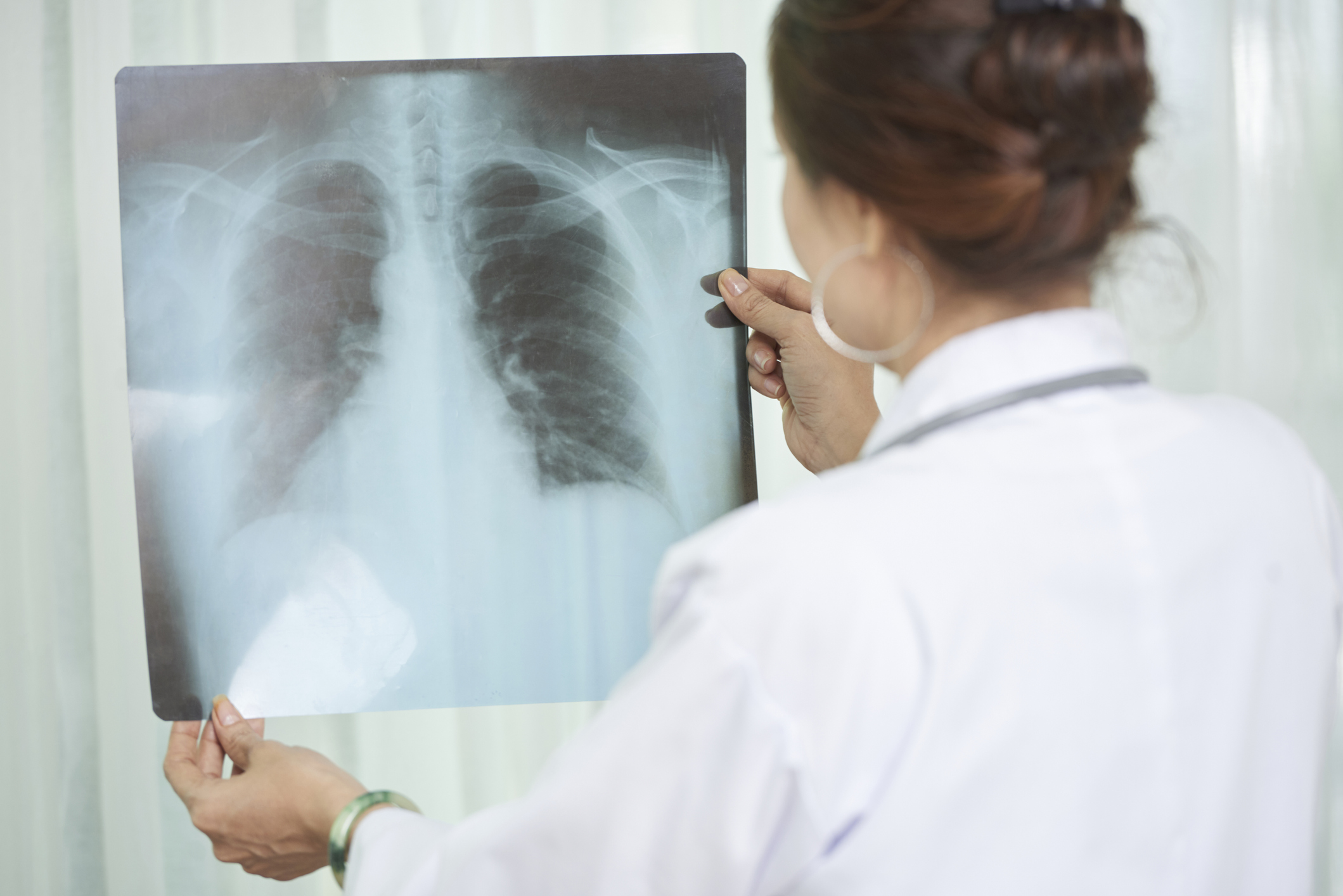
A pair of new studies describe long-COVID findings, one from Spain showing that nearly 40% of bilateral pneumonia patients had impaired lung diffusion 1 year after hospitalization, and the other from England demonstrating that double-vaccinated adults were 41% less likely than their unvaccinated peers to report symptoms 3 months or more after infection.
Spain: 23% had abnormal 12-month CT scans
As part of a study of adult patients admitted to 12 hospitals in Spain with bilateral COVID-19 pneumonia, researchers analyzed lung function and chest computed tomography (CT) findings 2, 5, and 12 months after hospital release, which was from May 1 to Jul 31, 2020. The findings were published yesterday in Respiratory Research.
Average age was 60.5 years, and 55.3% were men. A total of 377 patients completed 2-month follow-up, but pandemic restrictions shrunk the pool to 312 patients at 6 months and 284 at 12 months.
The patients were classified into one of three groups: mild (requiring supplemental oxygen through a mask or nasal prongs), severe (requiring noninvasive mechanical ventilation or a high-flow nasal oxygen cannula), or critical (requiring invasive mechanical ventilation).
At 2 months, 53.8% of all patients had impaired lung diffusion, falling to 46.8% at 6 months and 39.8% at 12 months. Lung diffusion, however, was significantly different between severity groups only at 2 months. Lung diffusion is the ability to pass oxygen into blood from the lungs and pass carbon dioxide from the blood back into the lungs.
Read more...







